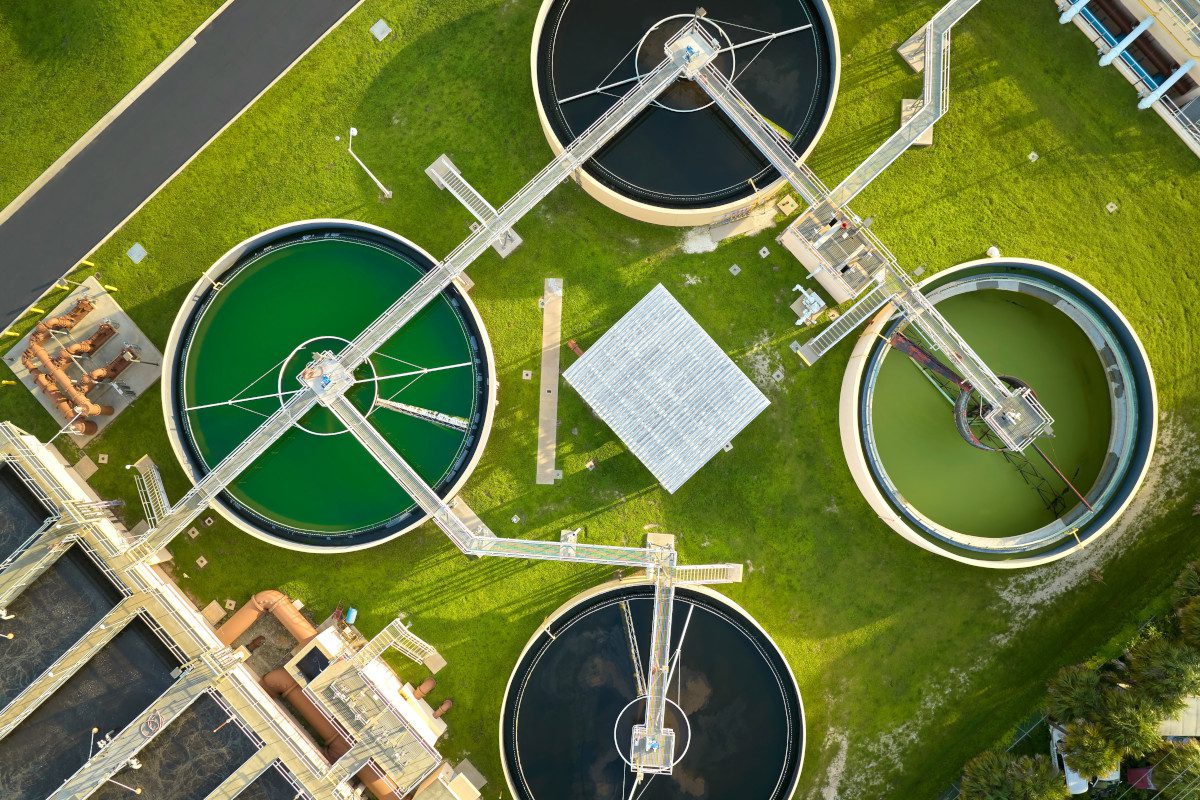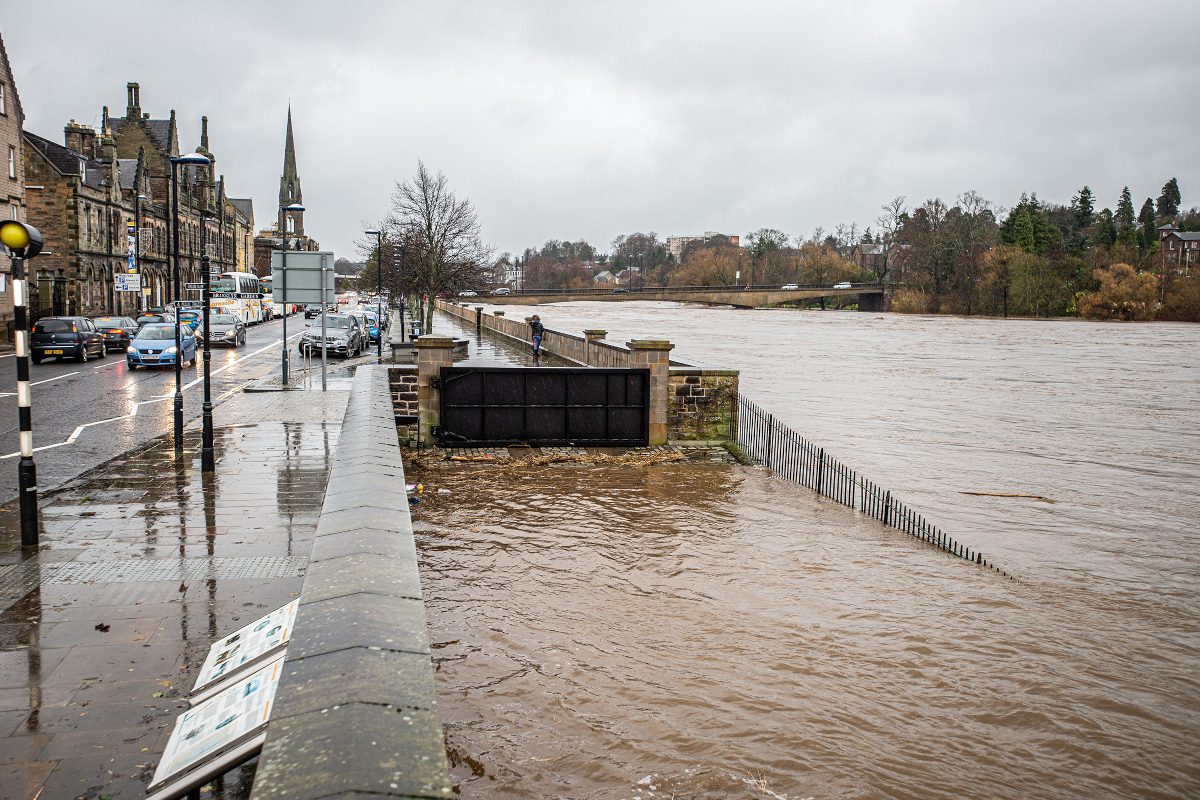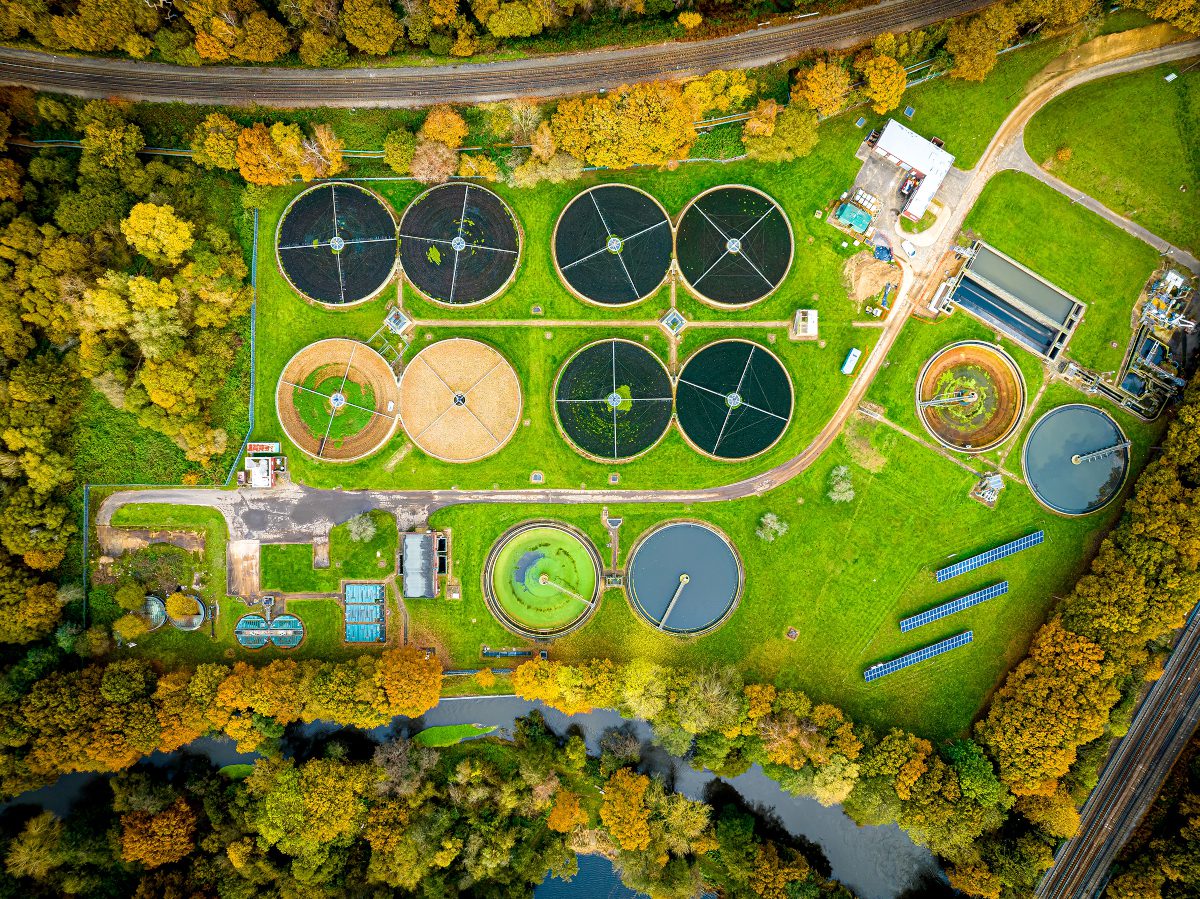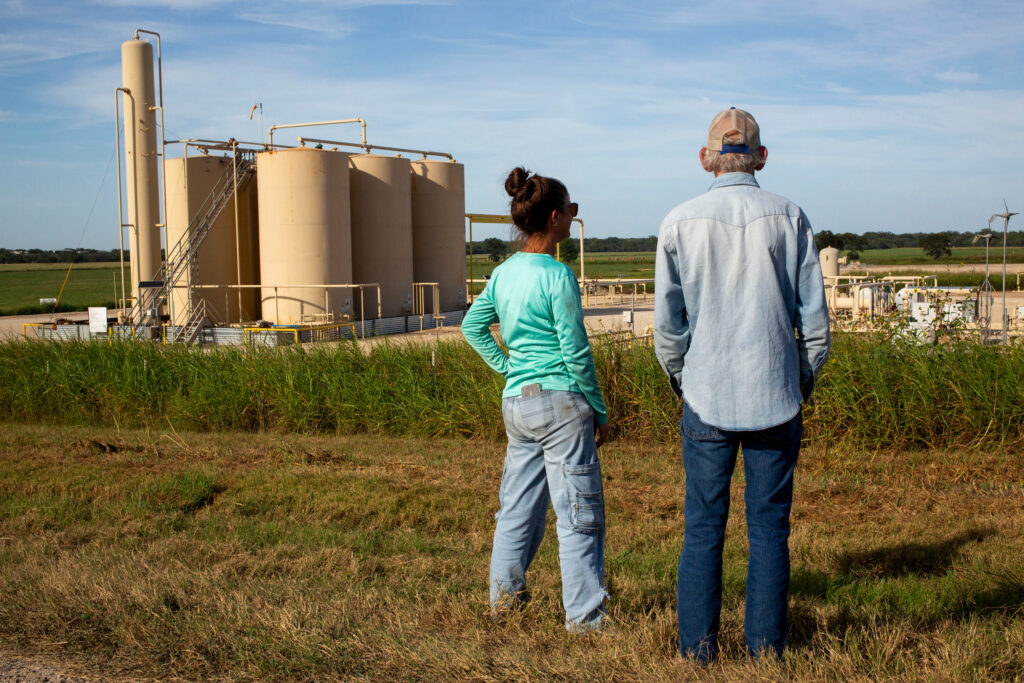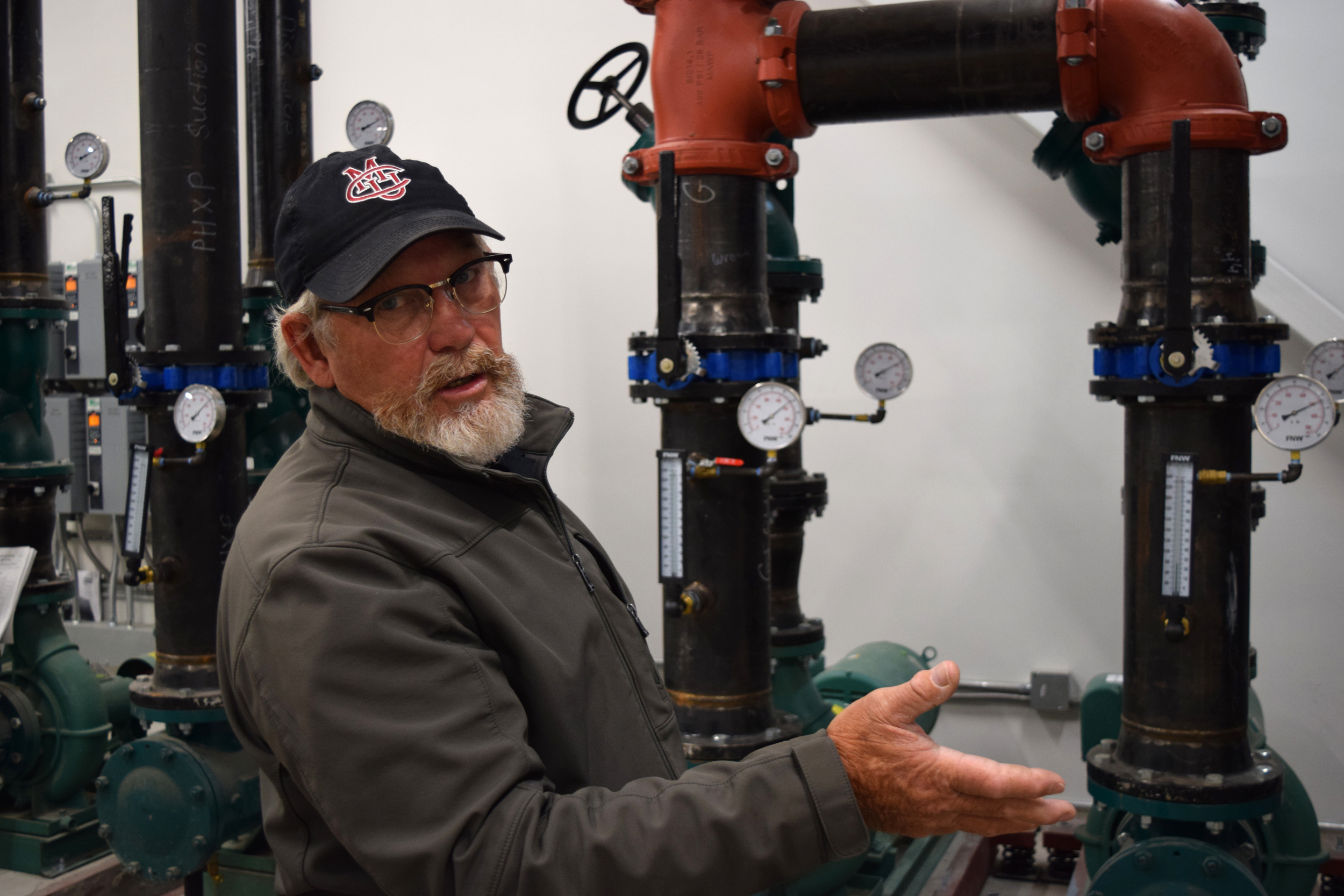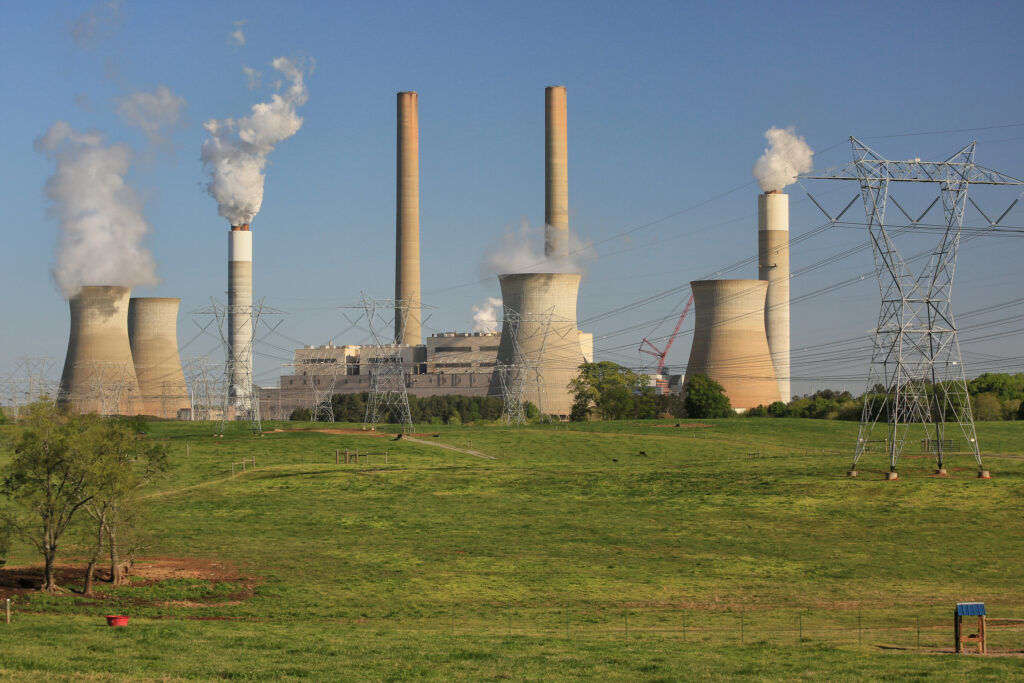The water sector needs to build infrastructure at scale over the coming decades. Ahead of her keynote address to the Water Industry Forum on 25 September, Sharon Darcy, chair of the Linear Infrastructure Planning Panel, says competing demands with other sectors over allocation of resources means a collaborative approach is vital.
The water industry faces a monumental challenge: delivering the vast infrastructure needed to meet future demands, while navigating a complex landscape of competing projects in energy, transport and communications.
Projects with robust early stakeholder engagement are more likely to result in success, which is why the Linear Infrastructure Planning Panel (LIPP) works across utility sectors, with representatives from community groups, non-governmental organisations and other external stakeholders, to develop a common language and leading practice on infrastructure planning.
At the Water Industry Forum’s annual dinner in Leeds on 25 September, cross-sector research and insights from LIPP will be shared, which show how planning consent for infrastructure projects can be achieved, and how critical initiatives can be developed and delivered in a cost-effective way that builds community support.
Balancing needs
Balancing national and local needs in infrastructure planning decisions is notoriously difficult, but it is a challenge that needs to be faced if the water sector is going to deliver on net zero carbon, resilience and other national goals. Founded in 2023, LIPP aims to listen and incorporate the perspectives of key public interest stakeholders, including social and environmental groups, in the development of good practice and ethical approaches to the implementation of new techniques, including algorithms and advanced software tools, in linear infrastructure planning.
LIPP published a white paper in March 2024, ‘Delivering net zero, resilience and nature recovery: How new tools and approaches can transform infrastructure planning’, which has already fed into UK Parliament’s Environmental Audit Committee reporting on sustainable electrification. The report draws on intensive engagement with key stakeholders and looks at the social, environmental and economic metrics used in the spatial planning of infrastructure such as electricity transmission lines and major water pipelines.
It highlights new technologies and the changes needed to procurement processes to ensure successful delivery of infrastructure that is essential in meeting net zero targets and resilience to climate impacts. The paper also explores ways of managing uncertainty when developing metrics in these areas, including the need for robust data and ways of ranking and weighing-up different metrics.
Informed decision-making
England faces a critical land shortage. A growing population needs to be housed, while producing enough food, protecting nature and tackling climate change. Despite the intense competition for land, there is no system in place to manage it effectively.
Attendees at the WIF annual dinner will hear a swathe of insights from other industries, such as energy, which can be drawn on to help the water sector navigate current and future challenges. The energy sector is grappling with challenges in grid development, with public opposition to the expansion of power lines needed to transport renewable energy to population centres.
The water sector can learn from these experiences by integrating technical and spatial planning much earlier in the decision-making process. The recent King’s Speech outlining the new Planning & Infrastructure Bill acknowledges the need for advanced spatial planning that considers multiple infrastructure sectors.
By joining up technical planning with spatial planning, learning from other sectors, and through early strategic stakeholder engagement, I believe the water sector will be well-placed to streamline the infrastructure planning process and delivery into the next asset management plan (AMP) period – 2025-30, and beyond.
Sharon Darcy will address the Water Industry Forum Annual Dinner in Leeds on 25 September 2024. To register, visit https://www.britishwater.co.uk/events/EventDetails.aspx?id=1841149&group=




